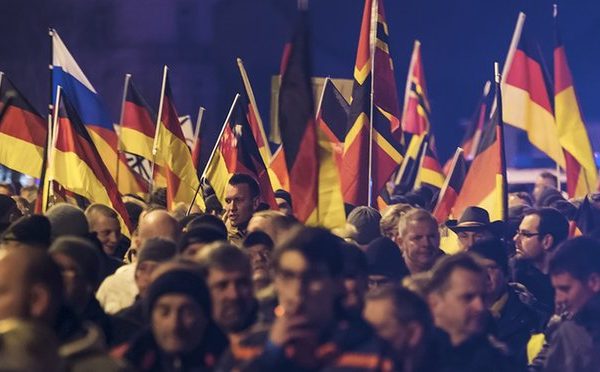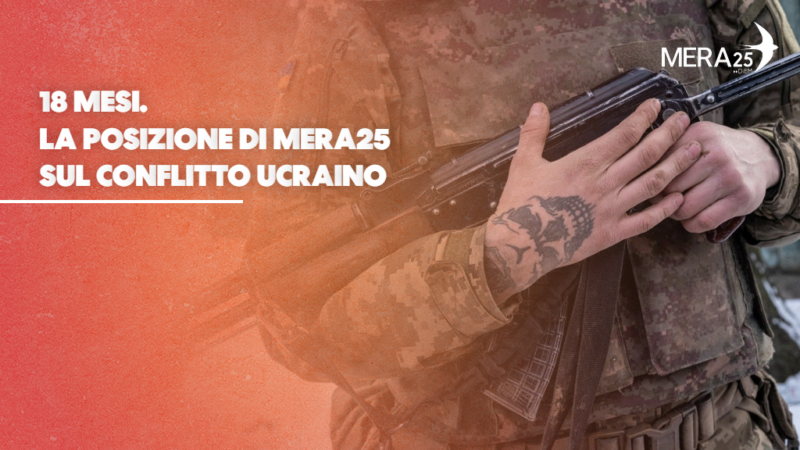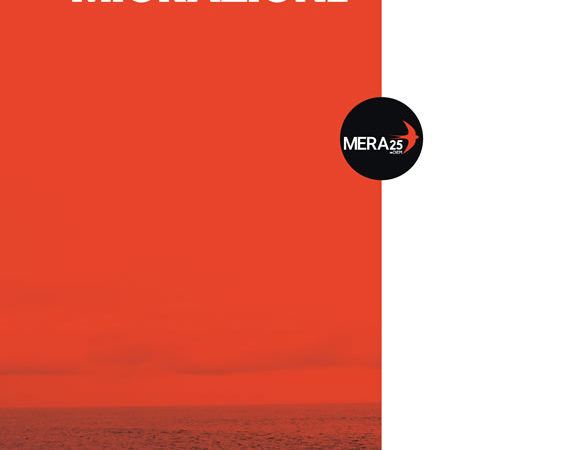By Lorenzo Marsili
The far-right party Alternative für Deutschland yesterday mobilised 21% of the vote in the regional elections in Mecklenburg, surpassing Angela Merkel’s own party. Europe’s core is proving to be vulnerable to the xenophobic and nationalist symptoms that are on the rise across the continent.
Mainstream commentators say we shouldn’t worry, as the mainstream parties CDU and SPD will manage to keep control of the regional government by joining in a coalition.
But this is precisely the problem.
The grand-coalition has become the symbol of failed Europe. Traditional centre-left and centre-right parties, which until recently represented the vast majority of the electorate, are today obliged to join forces to keep insurgents at bay and ensure governability – barely and with increasing difficulty.
Sadly, a retreat to the fortress of the status quo will not save Europe from a postmodern re-enactment of the 1930s. Distrust towards the political establishment and towards democratic institutions is just a reaction to the spectacle of mainstream politics barricading itself to defend a political and economic system that no longer works for a majority: a broken economy in a broken democracy.
The economic and refugee crises are two key failures of our broken system. What solutions are on offer? A bribe to the authoritarian Erdogan regime to try and keep refugees out of the EU. Austerity – and at best a few decimal points of budget “flexibility” – to address an economic disaster that has now lasted for nearly ten years with no signs of improvement.
Germany is at the core of both failures. On the economic front, it is the country of “No” (No to Eurobonds, No to common investment plans, and so on.) and the main culprit, in the ideological blindness of its government, for the perseverance of an EU policy mix that most world economists publicly judge to be a failure. And a failure for Germany too: the country may be Europe’s powerhouse, but it is also the country with the highest percentage of working poor, many of whom live in places like Mecklenburg, a region with a GDP per capita closer to Greece’s than to the German average.
But on immigration, yesterday it was Germany’s turn to suffer the effects of the politics of “No”. And especially the No uttered by a large number of member states to the idea of a common European plan for the redistribution and management of refugee arrivals. A plan that would have reduced the anxieties of the German electorate and helped correct a phenomenon that would be totally manageable for a Union of 500 million people.
Instead, our continent is blocked by mutual vetoes while our governments choose to navel-gaze in the hope that problems will sort themselves out.
They won’t. We are facing the storm in paper boats piloted by drunk captains. The timidity of the establishment is a recipe for disaster. The increasing feeling of political and economic exclusion of many is real – and is here to stay. It represents a generalised system failure to which no convincing response is being formulated by mainstream parties.
Let’s be honest with ourselves: the centre cannot, must not, and will not hold. But to avoid ceding the resulting void to the racists and reactionaries we need to open a space for a third alternative – simultaneously against the policies of the establishment thus far and against resurgent nationalism and xenophobia.
Will we manage to set sail before hitting the rocks? As every day goes by, it becomes clearer than ever that only a pan-European mutiny will set the course straight.
Volete essere informati delle azioni di DiEM25? Registratevi qui!




